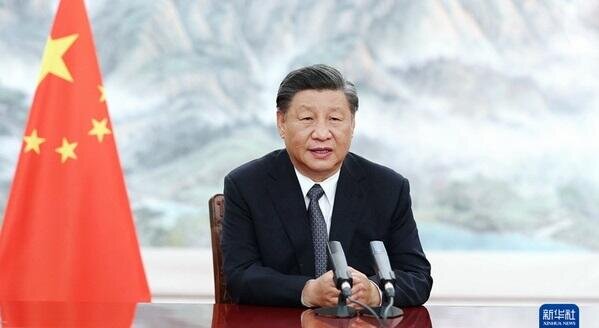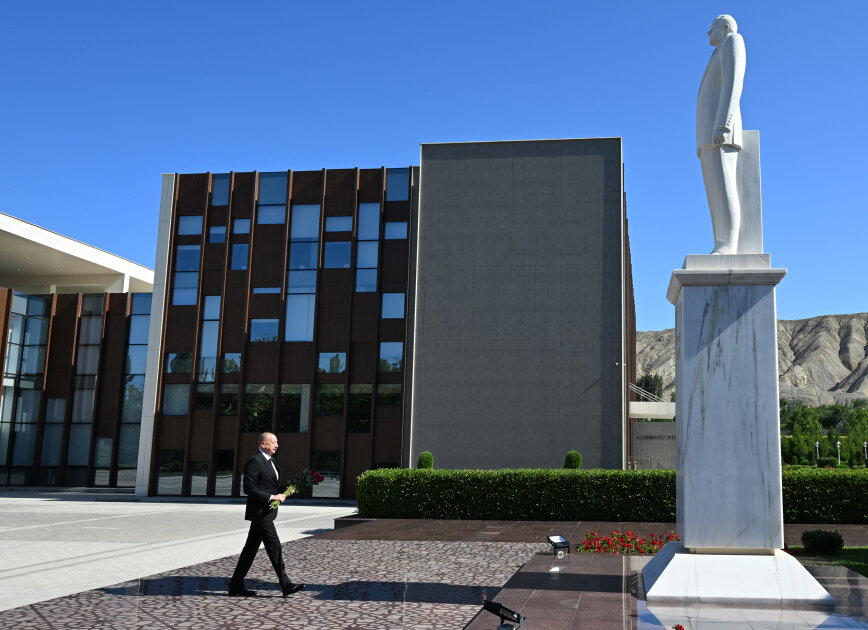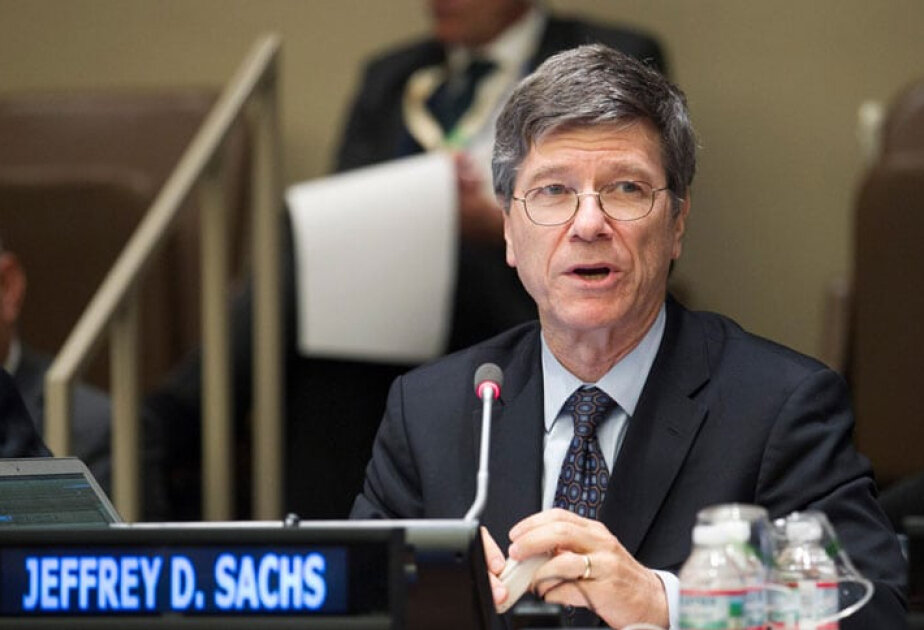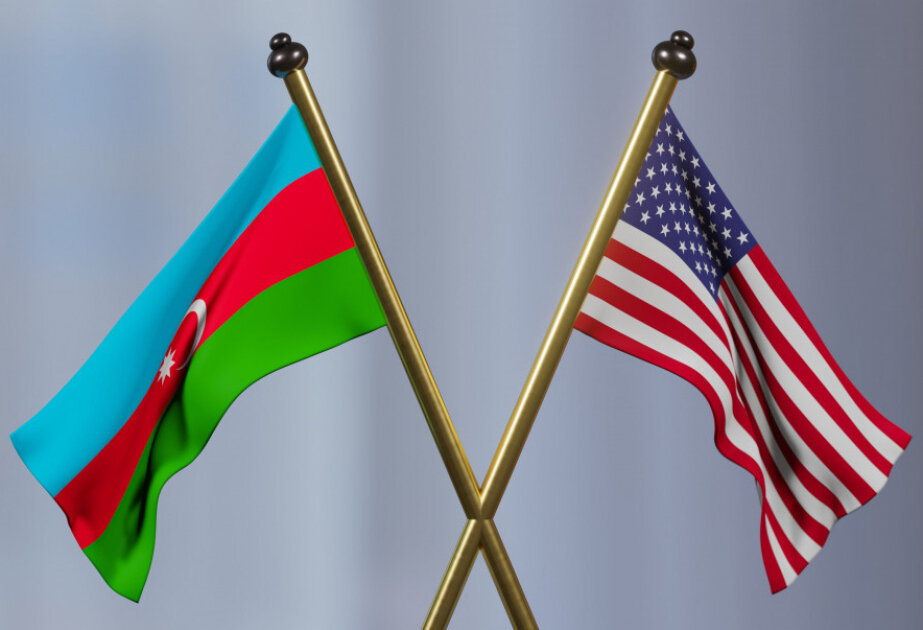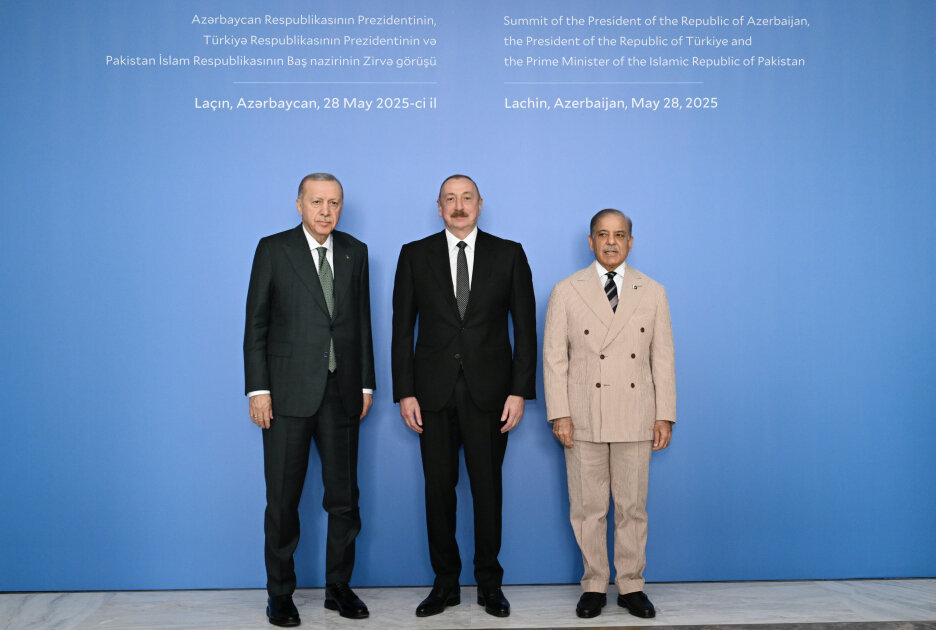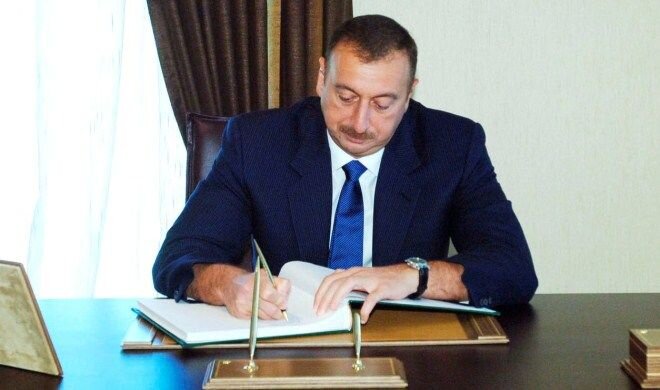Asharq Al-Awsat: Zangezur Corridor signals a reshaping of international relations in the context of converging and connecting pathways
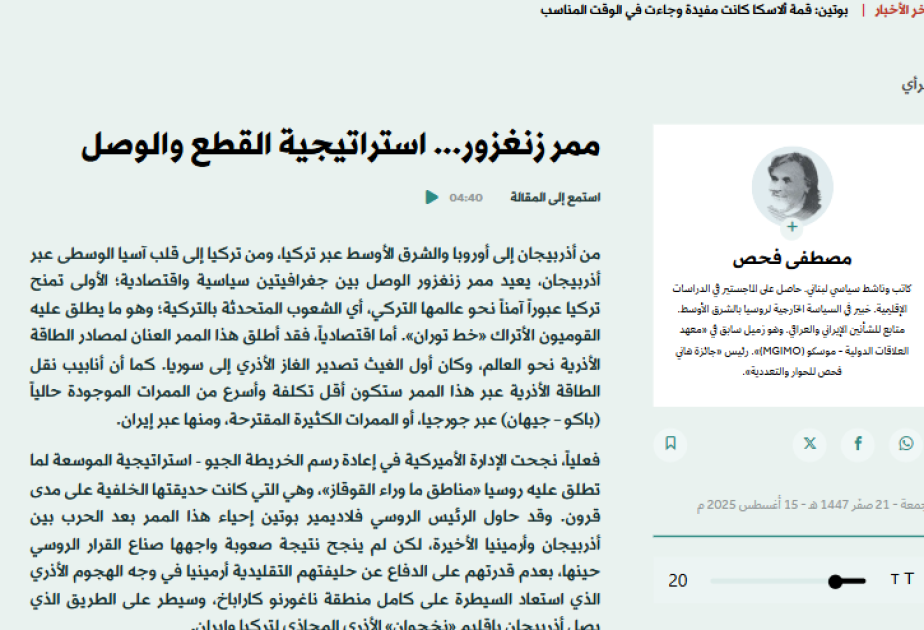 The Zangezur Corridor, linking Azerbaijan to Europe and the Middle East via Türkiye, and Türkiye to the heart of Central Asia through Azerbaijan, integrates political and economic geographies. On one hand, it provides Türkiye with secure access to the Turkic world through the “Turan Road,” while on the other, it enables Azerbaijan’s energy resources to reach global markets via faster and more cost-effective routes compared to the existing Baku-Ceyhan pipeline.
The Zangezur Corridor, linking Azerbaijan to Europe and the Middle East via Türkiye, and Türkiye to the heart of Central Asia through Azerbaijan, integrates political and economic geographies. On one hand, it provides Türkiye with secure access to the Turkic world through the “Turan Road,” while on the other, it enables Azerbaijan’s energy resources to reach global markets via faster and more cost-effective routes compared to the existing Baku-Ceyhan pipeline.
These views were expressed in an article titled “Zangezur Corridor: A Strategy of Convergence and Connection” by Mustafa Fahs, published in the influential Saudi Arabian newspaper Asharq Al-Awsat, based in London.
The article notes that the United States has succeeded in establishing a new geostrategic order in the South Caucasus through this corridor, a region historically under Russia’s sphere of influence. However, Russia’s inability to prevent pro-Western political forces from coming to power in Yerevan, coupled with its internal challenges and preoccupation with the Ukraine war, left its ally Armenia defenseless during the Azerbaijan-Armenia conflict. Consequently, Russia failed to revive the corridor post-war. Iran, adopting a cautious stance during the Azerbaijan-Armenia conflict, refrained from openly supporting Armenia due to national security concerns and fears of reactions from its Azerbaijani population, a longstanding pillar of the state.
The article further highlights that the meeting between the leaders of Azerbaijan and Armenia at the White House has become a geostrategic nightmare for Tehran. The Zangezur Corridor, dubbed the “Trump Route for Peace and Prosperity,” disrupts Iran’s sole route to Russia and Europe via Armenia while placing Iran’s energy policy under the oversight of Türkiye, a historical rival, with U.S. support. Against the backdrop of U.S. backing and Russia’s silence, the corridor reshapes the global energy balance, positioning Washington as a key player in the region.
Addressing Iran’s stance on the Zangezur Corridor, the author notes that Iran finds itself in a helpless position in the face of this new reality. “Due to the loss of its geostrategic position and its limited or exhausted capabilities, Iran cannot alter this reality and is compelled to reconcile with it while striving to protect its geo-economic interests,” the article states. It adds that, unlike statements from some Iranian officials, President Masoud Pezeshkian has emphasized in media remarks that Iran’s demands regarding the corridor will be taken into account.
The article concludes by noting that the Zangezur Corridor is reshaping international relations in the context of converging and connecting pathways, elevating the importance of transit countries to equal that of resource-producing nations. This factor must also be recognized by countries like Iraq, Syria, and Lebanon, which hold strategic significance due to their energy resources and critical transit routes.



